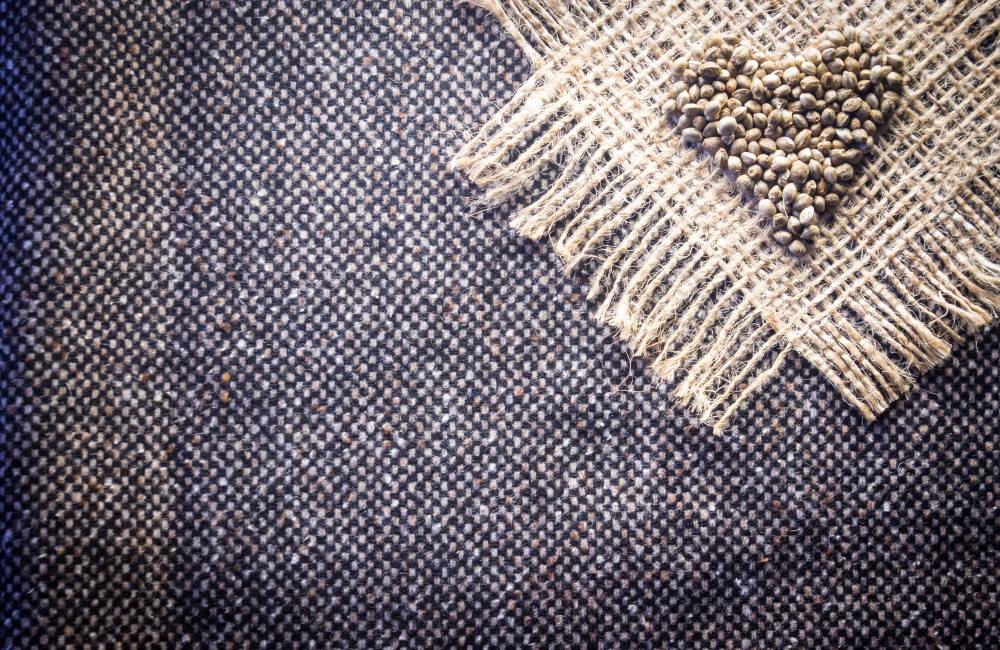Understanding the Sustainable Nature of Hemp
Generations of people have used hemp for a number of industrial reasons, from paper and rope to other textiles. As time went on, businesses used it to create a wider variety of items like biofuels, construction material, foods and more.
Thousands of different products come from hemp, making it a huge asset. However, since the federal government still categories cannabis as illegal, businesses have difficulty producing industrial products based on it.
Luckily, the hemp movement may get help from lawmakers considering changing federal laws. To understand the value of this sustainable crop, here is a bit of history on the subject:
History in America
In the U.S., hemp dates all the way back to Jamestown, Virginia. It was even mandatory to grow the crop in the colony. Americans used it for a number of reasons, from the covers of pioneer wagons to the sails of the ships. Printers even used hemp paper for the original Declaration of Independence.
In the early part of the 20th century, industry used cellulose derived from hemp as a raw material for plastic production. Henry Ford created a car prototype from materials and agricultural fiber, including hemp.
However, as the anti-drug movement grew over the years, it became an innocent victim of the legislation changes in the country.
Then the “Marijuana Tax Act” of 1937 deemed hemp and marijuana as dangerous substances. This act and the pressure from law enforcement made many farmers afraid of growing the crop.
Farmers grew the final industrial crop in 1958, according to Forbes. Then in 1970, the Controlled Substances Act made cultivation officially illegal.
Hemp: The Sustainable Dream Crop
Now that lawmakers may change marijuana regulations, hemp has become easier to legally produce. This is great news for farmers, environmental activists and the society as a whole.
Farmers love hemp for many reasons. It can grow in different climates and a variety of types of soil. It also grows in tight spaces, so it requires less land use and it grows quickly, making for a high yield rate.
The crop even helps to improve the health of soil and can lead to major profits, so the farming industry supports the plant.
Hemp grows without the need of many pesticides, fungicides and herbicides and it requires less water than most crops. This makes it very environmentally friendly.
Since it is also such a resilient crop, it can help with matters of soil pollution by extracting pollutants and other toxins. It can also absorb CO2, making it a carbon-negative crop.
Good for Business
As a product, it has the potential as a huge money maker. For textiles, it proves as versatile as cotton. For food, hemp products offer very healthy sources of protein and omega-3 fatty acids.
The plant could also help the environment while making a profit. Its ability to make paper could help save trees and its ability to create biofuel and carbon-neutral building materials could help the environment.
Hemp may seem like a dream come true, but has great potential in reality. If legislation continues in this positive direction, it can lead to many benefits for society.




